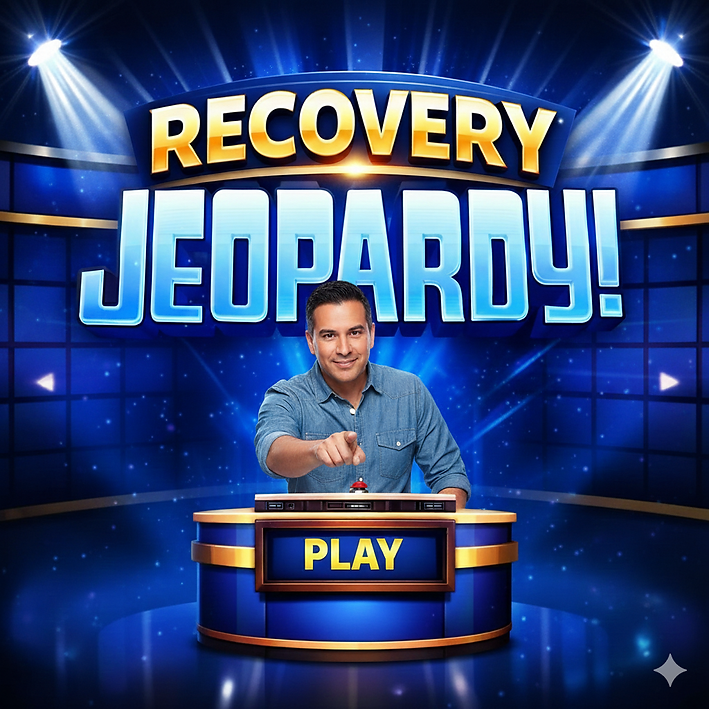
Since 2020, we’ve been in the trenches with thousands of people—online and right here in Colusa County—helping them kick addiction to the curb. No judgment. No gimmicks. Just real solutions that work.
Your comeback starts now.
Sleep Is a Recovery Superpower
In recovery, sleep isn’t lazy — it’s medicine. While you’re knocked out, your brain is clearing stress chemicals, your nervous system is calming down, and your body is repairing itself cell by cell. Cravings get louder when we’re exhausted. Emotions get bigger. Decisions get worse. But when you consistently get 7–9 hours of real, quality sleep, you’re not just resting — you’re rebuilding resilience, stabilizing your mood, and giving your body the reset it desperately needs.
If you want a simple recovery hack, start here: protect your sleep like it matters — because it does. Go to bed at the same time most nights. Keep your room cool, dark, and quiet. Shut down screens before bed and let your brain power down naturally. You don’t need a fancy routine. You need consistency. Strong recovery isn’t just about what you do during the day — it’s about what happens while you sleep.
Relapse & Recovery
“There’s a couple different ways that obsession happens. Some obsessions are just unwanted, repetitive thoughts – they feel like a really intense craving. Then there’s the type that happens but doesn’t have that feeling behind it. It’s just a thought. For me, I could be driving down the road, completely sane, thinking, ‘Oh I’ll just stop for a couple beers.’ And it could end up ruining my life.” READ MORE

Let’s talk


What It Feels Like When Your Brain is Hijacked
Let’s be real: addiction isn’t about laziness or bad morals. It’s your brain getting taken over. Alcohol and drugs hijack your reward system, flooding it with dopamine—the chemical that makes you chase pleasure. Suddenly, your brain is a mess of cravings and impulses, screaming at you even when you know it’s wrecking your life.
You tell yourself, “This is the last time,” but your brain isn’t listening. That voice inside—your willpower—can’t compete with years of chemical rewiring. That’s why quitting isn’t about being “strong enough.” It’s about getting support to fight a battle your brain can’t always win alone.
Here’s the truth: recovery isn’t a straight line. It’s messy, awkward, and sometimes downright frustrating. But it works. Therapy, peer support, medications—they all help your brain relearn how to live without the chaos of addiction. Millions of people have done it. You can too.
No sugarcoating. No moralizing. Just science, grit, and the reality that you can take your life back.
CAPS TITLE
SUPERCHARGE YOUR RECOVERY
AI tools like Gemini and ChatGPT have become valuable digital recovery allies for us. They offer on-demand support for reflection, goal-setting, problem-solving, and everyday challenges — while also providing powerful tools for creativity, productivity, and learning. Used wisely, they can be a practical addition to your journey toward health, well-being, and personal growth.
CAPS TITLE
CELEBRATE


CAPS TITLE

What is always in front of you but can’t be seen?

What has one head, one foot, and four legs, but cannot walk?



































